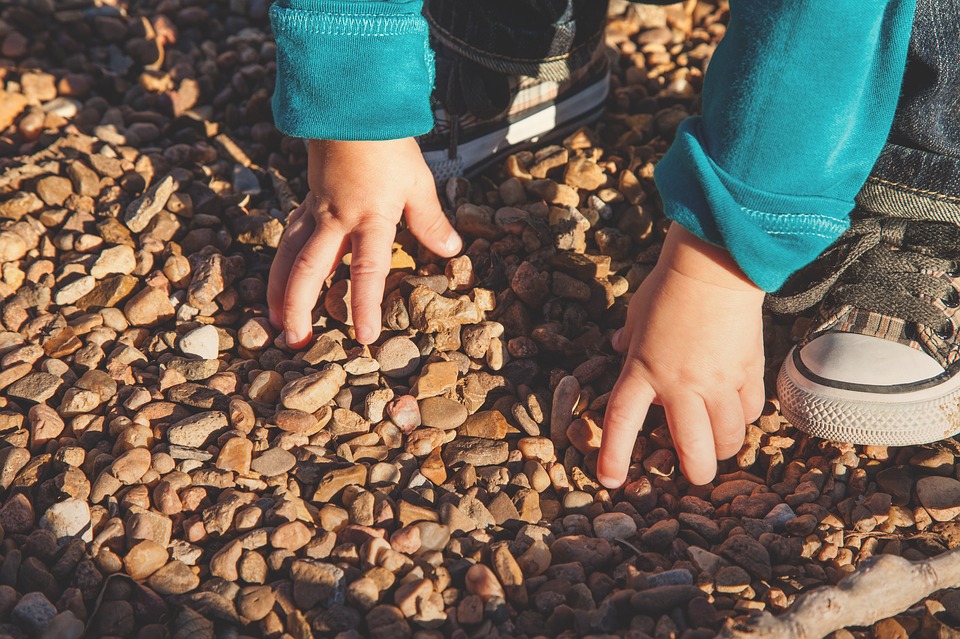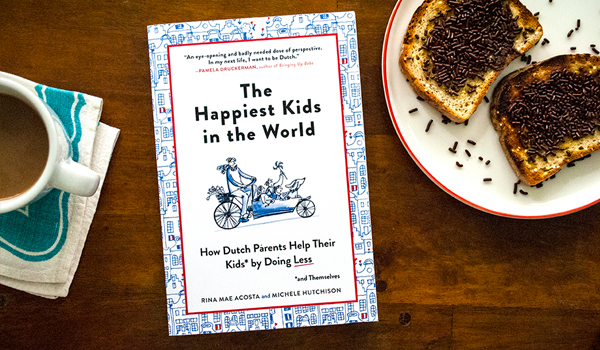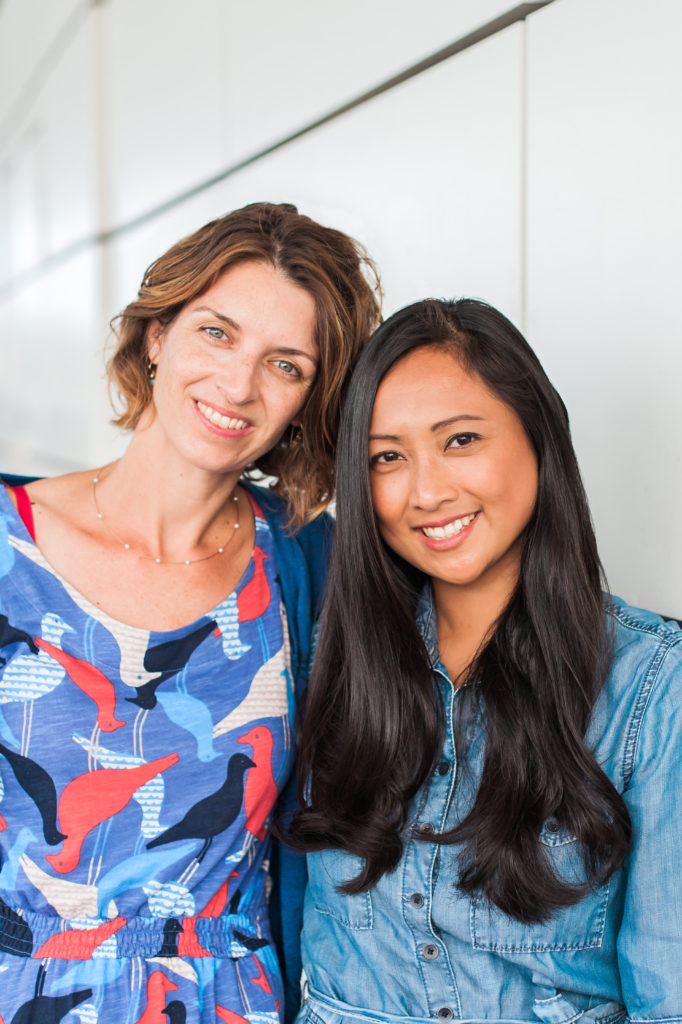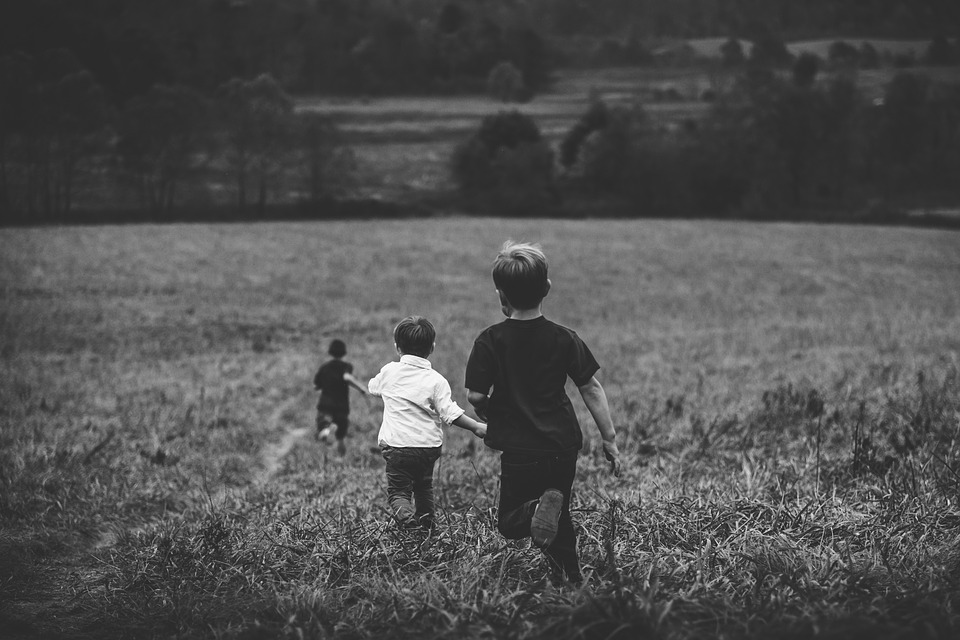For most of us embarking on a child reading journey, our lives’ priorities have shifted to learning two things: how to keep our kids alive and how to raise the happiest kids in the world (and successful) – however, we shall define that. Certainly, we’re all striving to figure out the best ways to do that.
HOW TO RAISE THE HAPPIEST KIDS IN THE WORLD
With respect to the latter, many American families tend to turn to Kumon, piano recitals, dance recitals, helicopter parenting, chess competitions, to-do lists, and reward. A zero-sum game mentality is consequently inducted and kids are geared toward hyper-competitive mindsets and burn out at an early age. They’re chasing the carrot (Harvard! Yale!) but not enjoying the journey that’s leading them there. We have stumbled into habitual lifestyles that envelope stress and competition and self-dissatisfaction.
It’s a significant issue we have here in the US and in the UK as well – as Rina Mae Acosta and Michele Hutchison tell us in their wonderful new book, The Happiest Kids in the World: How Dutch Parents Help Their Kids (and Themselves) by Doing Less.
DUTCH PARENTING
Dutch parenting, on the other hand, takes a different stance. The Dutch culture urges freedom to roam and play (unsupervised), laid back parenting, significant family involvement, significant father involvement, loads of sleep – and chocolate sprinkles every morning. (Yeah, you heard that right.)

To them, this isn’t progressive parenting or progressive education. It’s the norm.
The Dutch methodologies have been crucial in guiding children toward intrinsic motivation and a love of learning rather than extrinsic incentive and structured to-do lists. They have led Dutch children to grow into happy, satisfied, motivated and internally driven adults.
Without surprise, it turns out, the practice of Dutch parenting is onto something huge. UNICEF reported in 2013 that Dutch children were the happiest kids in the world. The UK ranked 16th and the US ranked 26th, behind some of the poorest countries in our world. The Netherlands was ranked in the top five in terms of health and safety, education, material well-being, behavior and risks, and housing. (This was a follow up to the 2007 study which indicated The Netherlands resided in first place with the US and UK taking the two lowest slots.)
I think we can all learn a lesson or two or eight from Dutch parenting.
[adsenseyu2]
I love all literature on progressive parenting — from JENNIFER LEHR’S book ParentSpeak to Pamela Druckerman’s Bringing Up Bebe to all of the experts that MOON ZAPPA introduced to me.
And recently, I am enthralled with The Happiest Kids in the World: How Dutch Parents Help Their Kids (and Themselves) By Doing Less.

RITA MAE ACOSTA AND MICHELE HUTCHISON :: THE AUTHORS OF HOW TO RAISE THE HAPPIEST KIDS IN THE WORLD
The authors are two expats — Rina Mae Acosta hailing from San Francisco and Michele Hutchison hailing from the UK. By living in The Netherlands, they’ve been able to witness the polar differences in child-rearing and the inevitable differing outcomes.
The stories are vivid and visual and enlightening. They serve as beautiful reminders that it’s A-OK to follow your own mother’s instinct from decades ago. Our American culture has changed and modernized — and its citizens have become rigid and over-stressed. Competitive preschools become priorities, calendars are blocked with extracurricular activities. Development milestones must be met by certain ages. There is less of a focus in American culture to make the kids curious, independent and self-aware. It is more on drilling them with flashcards and times tables.
American parenting, for the most part, insinuates that success will lead to happiness rather than the other way around. It’s too much for all of us, children and parent alike, and we’ve lost our touch with our own human instincts.
This book serves as a beautiful reminder of why there is zero reasons to Tiger parent your way through your kids’ youth. It can, in fact, lead to childhood and adult depression and anxiety. I wanted to delve further into these authors’ writings and findings. And I’m so blessed to be granted the opportunity to interview them. Here we go.
[adsenseyu1]
How do you describe Dutch parenting? What are the core values that are emphasized?
Also, what are your personal aims as moms (and your husbands as dads)? Have they changed since you became expats — or does your current culture just give permission to practice parenting how you would have practiced it anyway?
Hutchison: I think I would have been more of a tiger mom in the UK and more focused on achievement. I would have pushed my kids more and been that nagging mum always getting them to do their piano practice each day. I wouldn’t have given them space not to like things, I’m afraid. I’ve got a competitive, high-achieving streak myself so the culture here is a good antidote to that. I spend a lot of time honing my communication skills with the kids and strengthening our bond. In that way, they feel comfortable talking to me about anything and sharing what’s going on in their lives. It’s important to spend time just doing low key fun stuff with them. We like playing cards, board games or do jigsaw puzzles. We do a lot of that as a family.
Acosta: Until I decided that Holland would be the place my children grew up, I was well on my way of becoming a full-fledged helicoptering-neurotic mom. It wasn’t until two years into motherhood, when I was pregnant with my second child, did I start embracing the more relaxed approach to parenting that many Dutch parents follow. Like all parents, I aspire to raise my two sons to be independent. People who are self-secure, curious, happy, and well-adjusted adults and to know that their father and I love them unconditionally. It’s simply that parenting in the Netherlands allows more room for parents and children to be themselves. We have space to learn from mistakes and to have a more pragmatic approach to life – both in terms of failures and accomplishments.
Do you know of successful people now who can reflect on their happy childhoods and say that they can owe their success to their happiness? To play devil’s advocate (although I dutifully agree that our children’s happiness is our #1 priority), it seems like most brilliant writers, artists, musicians, scientists are tortured souls. Am I inaccurate in thinking this?
Hutchison: Ah but there you are saying the ‘best’ people are the most successful ones. It implies a value judgement that a Dutch parent would want to take out of the equation. I know a lot of writers who had unhappy childhoods and problems with their parents, but I also know some excellent writers who didn’t. It’s possible to be ‘successful’ without a f*cked up childhood, if success is a measure of a life well-lived. Is it, though?
Acosta: What Michele said. 😉
Is discipline part of Dutch parenting? How does it differ from discipline in American parenting?
Hutchison: Discipline here is about clear rules and boundaries set in consultation with the child so that everyone agrees they are fair.
Acosta: When someone first asked me about how Dutch parents discipline their children, I was initially stumped. I come from a more traditional background where discipline was more a form of “crime and punishment”. But it seems that the Dutch here, from what I witnessed, are less about punishments and more into teaching their children proper behavior and boundaries. It’s more about talking, communicating with the child, and finding solutions to address the problem.
Can you give an example of how learning through play leads to one’s intrinsic motivation to succeed?
Acosta: My five year old right now is absolutely in love with building Lego sets. He carefully follows along with the manual and tries his best to build it on his own. Sometimes he makes a mistake, gets frustrated, and asks for help. Other times, he figures it out himself. Through a series of little failures and tiny victories, he’s able to expand and refine his own capabilities, and learn during the process.
Mind you, this is all self-initiated and self-directed by him. He finds the motivation within himself to finish the sets, step by step. There are also times when he just wants to build things out of legos based on his own imagination, believing in himself that he can create something. By allowing him to self-guide and self-identify his own interests, he’s able to foster his own sense of intrinsic motivation. And he learns all this by simply playing with Legos.
You say that kids that are encouraged to learn at their own pace develop their intrinsic motivation to succeed. Is there science/biology behind this assessment or is it based on observational data over the course of years? i.e., did X perhaps lead to Y?…or is something actually going on in the brain leading to this conclusion?
Acosta: Isn’t this what many child psychologists and educators have both experienced and observed? First posited during the 1950s, the concept of intrinsic motivation was observed when children are able to self-direct their own pace of learning. A lot of educational approaches sprang up from this observation – the Montessori Method, Dalton, etc. For further explanation, see: Deci, Edward L., and Richard M. Ryan. “The initiation and regulation of intrinsically motivated learning and achievement.” Achievement and motivation: A social-developmental perspective (1992): 9-36.
How is learning through play tied directly/indirectly to happiness?
Acosta: “Playing” is essentially what children are naturally inclined to do. It is by nature that children discover the world around them through play. Play, for children, is essentially a major source of their happiness. Not only is there a learning process that happens during play, but also children learn how to handle their emotions, including frustration, anger, and fear.
Has the American way of A-type parenting worsened over the years? It starts early in places like NY, SF and LA (where I am based) where there is a competitive rush to get kids into the best preschools. Would you say this is a cultural creation stemming from marketing and the need for social cache — or is this a result of past studies that suggested that those who attended competitive preschools attained happiness/success as an adult? How did this ridiculous trend start?
Acosta: All parents, regardless of where they are in the world, want their children to be happy. We, as an American society, have come to define “happiness” as acquiring a certain amount of financial and materialistic success, of wanting and being able to have the “best”. And somehow, in the pursuit of wanting the best for our children, it’s morphed into wanting our children to be the best. Due to a lack of “social security” (health insurance and education for example), it’s understandable why American parents lean towards over-parenting. I’m not sure where the trend started. But it seems that we’ve become a lot more hyper-aware and over-involved than during my childhood of the 1980s and 1990s.
What is “success” to you? and what is happiness to you? How do you measure happiness?
Hutchison: Success as a parent is raising a well-balanced, self-sufficient, confident (but not overconfident) child. Someone who is at ease with themselves and the people around them. A child with intrinsic motivation, not driven on by pushy or anxious parents. Motivation that comes from within. My son discovered ballet at an early age, I think he finds happiness and a sense of focus in dance. My daughter has the same with football but also applies her analytical skills to the game as an observer. We all have different ways of entering our happy zone. For me, it’s gardening or translating, both generate focus and flow.
Happiness is generally measured in terms of well-being and the absence of factors that are detrimental to the quality of life, such as stress and illness.
Is Dutch parenting something new and avant garde? Or is it just old school traditional parenting – but something we have lost sight of? Dutch parenting seems like parenting from the 70s to me. Is Dutch parenting akin to what Americans call free-range parenting?
Hutchison: Many Americans grew up in the free-range kind of childhood environment we describe in the book. But with a different underlying ideology. American ideology has always been focused on success, on making it big, and is more individualistic than the Dutch variant. So the two things are similar but not identical.
What can we as adults and career moms/dads take from these ideologies and methodologies? Play more and work less for us too?
Hutchison: Living here helped me get over my workaholic tendencies. I now shut down the computer at 5pm and all weekend. It gives me a lot more time to spend with my kids and I get proper mental breaks that way. Addressing your own work-life balance is a great place to start thinking about going Dutch.

+++ Rina, Michele: Thank you so much for your brilliant book and for taking the time out for this interview. Your answers and your outlook are enlightening and inspiring. You remind me that I need to make a concerted effort to shift things –and yes, to Go Dutch!
[adsenseyu1][adsenseyu2]

